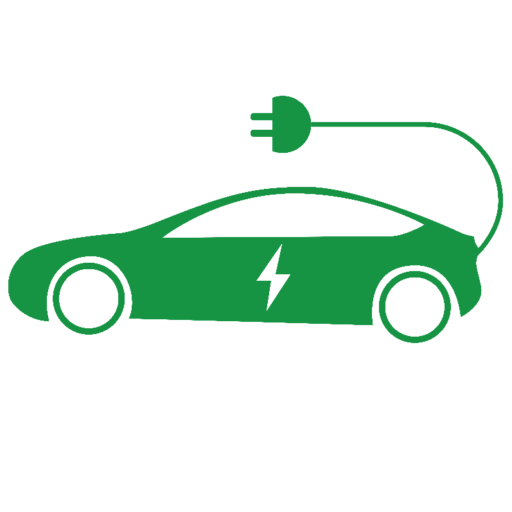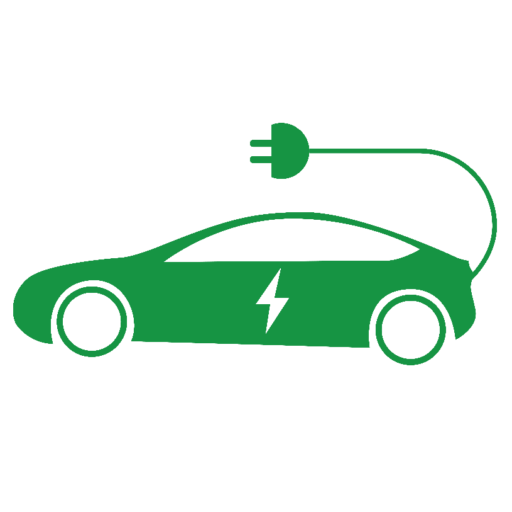While electric cars (EVs) offer many benefits, they also face several challenges
1, Range Anxiety: Despite improvements, many consumers still worry about the driving range of EVs and the availability of charging infrastructure. Although some EVs now offer ranges over 300 miles, this is still a concern for long-distance travel.

2, Charging Infrastructure: The availability and speed of charging stations can be inconsistent, especially in rural or underdeveloped areas. Fast chargers are not as widespread as gas stations, and home charging can be slow without specialized equipment.
3, Initial Cost: EVs can be more expensive upfront compared to traditional gasoline vehicles, though this is often offset by lower operating and maintenance costs over time. The high initial cost can be a barrier for many consumers.
4, Battery Life and Replacement: Batteries degrade over time, which can reduce the range and performance of an EV. Replacing a battery can be expensive, though advancements in technology and warranties are mitigating this issue.
5, Environmental Concerns: While EVs produce zero emissions at the tailpipe, the production of batteries and the electricity used to charge them can have significant environmental impacts. Mining for lithium, cobalt, and other materials used in batteries can be harmful to the environment.
6, Limited Model Availability: Although the number of EV models is increasing, there is still less variety compared to gasoline vehicles, particularly in the categories of trucks and SUVs.
7, Long Charging Times: Even with fast chargers, charging an EV takes longer than refueling a gasoline vehicle. This can be inconvenient for long trips or when charging infrastructure is limited.
8, Grid Demand: A significant increase in EV adoption could strain existing electrical grids, particularly if charging is not managed properly. This requires upgrades to grid infrastructure and development of smart charging solutions.
9, Battery Recycling: Proper disposal and recycling of batteries is a growing concern. While efforts are being made to improve recycling technologies and processes, it remains a challenge.
10, Consumer Awareness and Acceptance: Some consumers are still unfamiliar with or hesitant about EVs due to misconceptions about their performance, reliability, and benefits.
Addressing these challenges requires coordinated efforts from governments, industries, and consumers to improve technology, infrastructure, and policies supporting the adoption of electric

